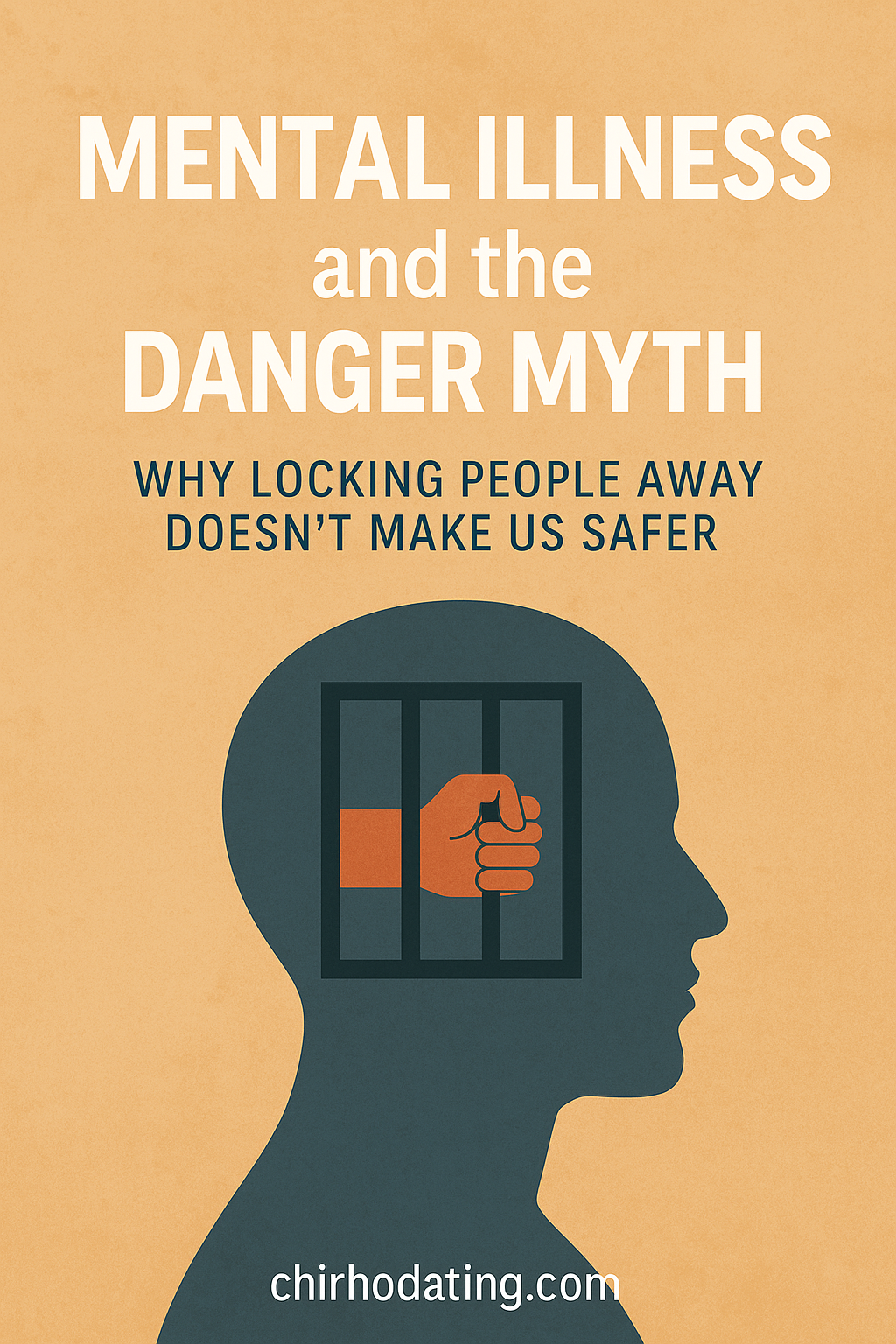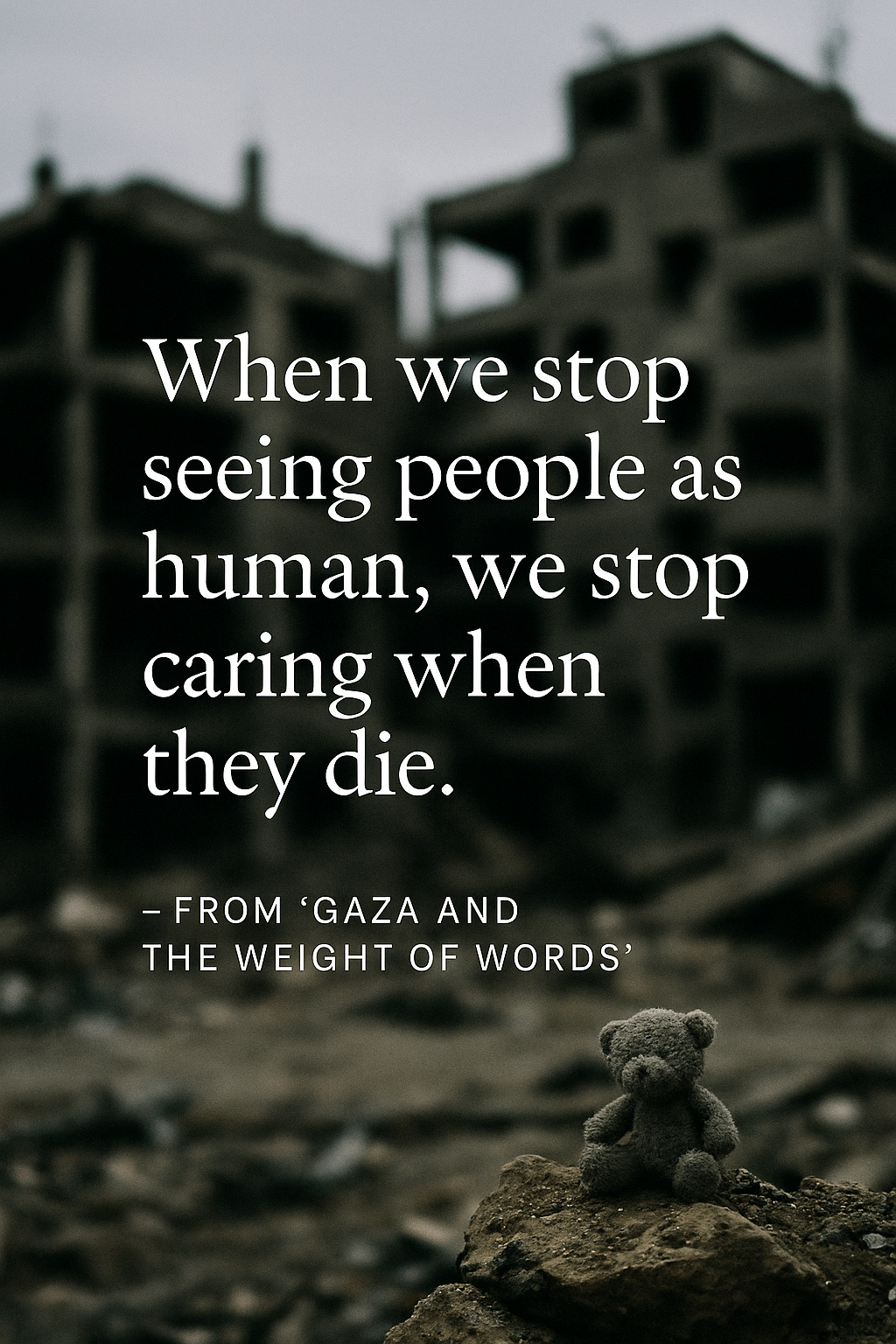We are a professional review company that receives compensation from companies whose products we review. We test each product thoroughly and give high marks only to the ones that are the very best. We are independently owned, and the opinions expressed here are our own.
It’s a phrase you’ve probably heard before. Maybe from a relative. Maybe from someone in a comment section:
“People with mental illness shouldn’t be out in public. They should be in institutions—before someone gets hurt.”
At first glance, it sounds like concern. But underneath is something darker: a fear-based myth that has fueled decades of stigma, isolation, and discrimination against people who live with mental illness.
So let’s take a closer look. If we love people well and follow Christ in treating the vulnerable, we must challenge this narrative at its roots.
🧠 Myth: “People with mental illness are dangerous and should be institutionalized.”
❌ Why That’s Wrong (and Harmful)
1. **Most people with mental illness aren’t violent—**they’re more likely to be victims of violence.
Research shows that individuals with mental illness are 10 times more likely to be assaulted than to assault someone else. However, we generalize unfairly because a few high-profile cases get media attention.
2. Institutionalization has a dark history.
From forced lobotomies to lifelong confinement, psychiatric institutions have too often been places of trauma, not healing. We cannot romanticize the past as if it were safer or kinder. It wasn’t.
3. Mental illness doesn’t make someone less human.
The idea that people should be “locked away” implies they are other, less worthy of dignity, freedom, and community. But Jesus never avoided the broken. He moved toward them.
4. Isolation worsens symptoms, not solves them.
Social exclusion increases the risk of depression, substance abuse, and even suicide. Compassionate care in the community is far more effective than separation or shame.
5. We don’t lock people up for cancer or diabetes.
Mental illness is a health condition, not a moral failing. When someone’s heart fails, we rush them to the ER. When their mind breaks down, we often turn away.
💬 Why Some People Still Believe This
- Fear of unpredictability: People don’t always understand psychiatric symptoms, so they assume the worst.
- Outdated media tropes: Movies and TV often portray mentally ill people as unstable or dangerous.
- Failures in community care: When systems don’t correctly support people, society blames the person, not the gap in care.
- Desire for control: Institutionalization offers a false sense of safety. But safety doesn’t come from isolation. It comes from support.
✝️ The Christian Response: Radical Compassion, Not Control
If anyone had the right to be afraid of others, it was Jesus. He sat with the demon-possessed, the lepers, the ostracized. But he didn’t send them away.
He restored them.
So when we say we follow Jesus, we must ask ourselves: Do we instinctively exclude people who challenge our comfort, or do we lean in and seek to understand?
Supporting people with mental illness doesn’t mean ignoring danger. But it does mean choosing care over containment, and community over control.
❤️ Final Thought: The Goal Is Not Silence—It’s Healing
Mental illness can be scary, especially when it’s poorly understood. But our goal shouldn’t be to hide people away. It should be to hear, support, and walk with them.
Jesus didn’t wait for people to be healed before he loved them. He loved them into healing.
So let’s stop choosing separation and start choosing solidarity—not because it’s easy but because it’s Christlike.
Written by Dating Coach Rickard Österholm
Founder of chirhodating.com – Where faith meets connection



